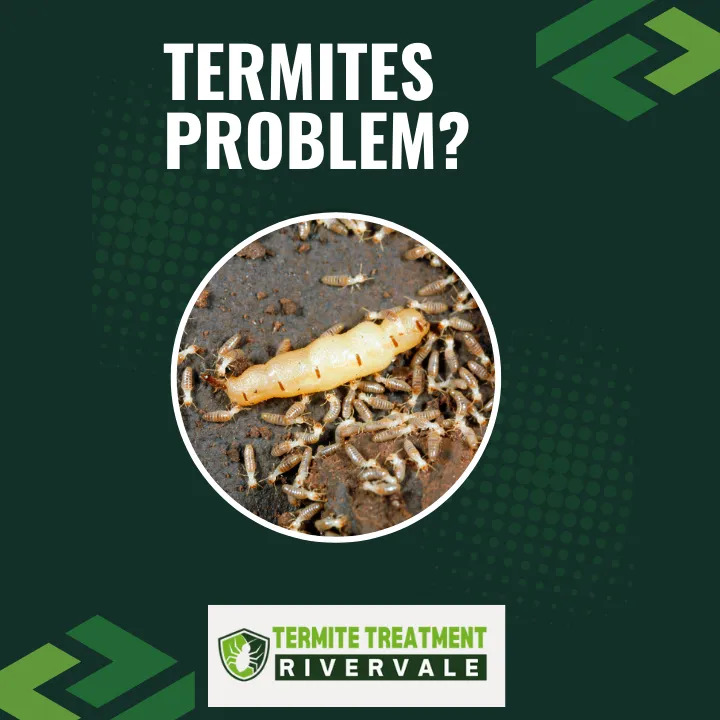
What Do Termites Eat? A Guide to Their Preferred Diet
If you are concerned that termites may be munching away at your home, or you have had them in your home in the past and want to protect your new place, you might be wondering: what do termites eat in your house?
Termites are one of the worst pests you can have in your home, but nevertheless they are vital in Australia where they are native. Knowing what they eat is a great way to keep them off your property and protect your investment.
Here’s a closer look at what termites love to chow down on, what they prefer to avoid, and what that means for your home.
What’s on the Termite Menu?
Termites mostly eat wood and other plant material, which is rich in the carbohydrates they need to provide energy. With the help of a special partnership with bacteria that live in their guts, termites are able to break down cellulose and convert it into fuel.
On top of the fact that termites eat wood for food, the chewed-up wood that they use (after they eat it of course) to create the tunnels and chambers that form the walls of their nests doesn't give you many options for preserving any of it. In other words, if the termites are in your home, they are actually living inside the wood they are damaging.
Why Do Termites Eat Wood?
Wood, for its cellulose, is a termite’s main course. They cannot live without that nutrient. The interesting part? Some of the wood that the termites are eating, they actually use to build their nests, which is why the damage they cause is so often completely hidden inside walls or within furniture and it becomes impossible to notice until you’re in serious trouble..
Other Woods Termites Like to Eat
There are certain species of timber that are more attractive to termites than others and many of the types of timber that are most attractive occur naturally within Australian homes. Some favourites you might want to watch:
Radiata pine
Here I have used tassie oak (also known as Victorian or Tasmanian ash)
OB hardwoods (eg eucalyptus species like messmate and obliqua)
Oregon pine(termites love that!!)!
Meranti
If your house has any of these types of wood, it might be wise to have regular termite inspections.
Can Termites Eat Concrete?
Fortunately, tilting provides even more perks that puts termites at bay. You see, termites don’t eat concrete.
They don’t eat concrete, though, because it doesn’t provide nutrition. But termites can wiggle into small cracks and crevices in concrete and once there, find plenty of wood to dine on inside your home. So if you find termites near your concrete foundations, it’s an indication that they are heading for something else and you should definitely call in the pros.
Though less susceptible, there is no such thing as termite-proof wood. And other pests can continue to do damage. That’s why regular inspections are so important, regardless of whether you have hardwood, softwood or engineered timber.
The Bottom Line: What Do Termites Eat?
Termites are not super picky: they have a sweet tooth for cellulose -rich materials and do not mind feasting on hardwood as a delicious side dish . If you suspect that you have termites, or simply wish to ensure the durability of your timber investment a professional termite inspection is the only way to go.
As part of our termite inspection services, we have the expertise to provide a comprehensive property inspection and develop the best termite treatment plan to safeguard your home.
Precise Termite Treatment Rivervale offers all pest control services in Rivervale and surroundings. Feel free to contact us at (08) 6103 5097 or visit our website:
https://precisetermitetreatment.com.au/
